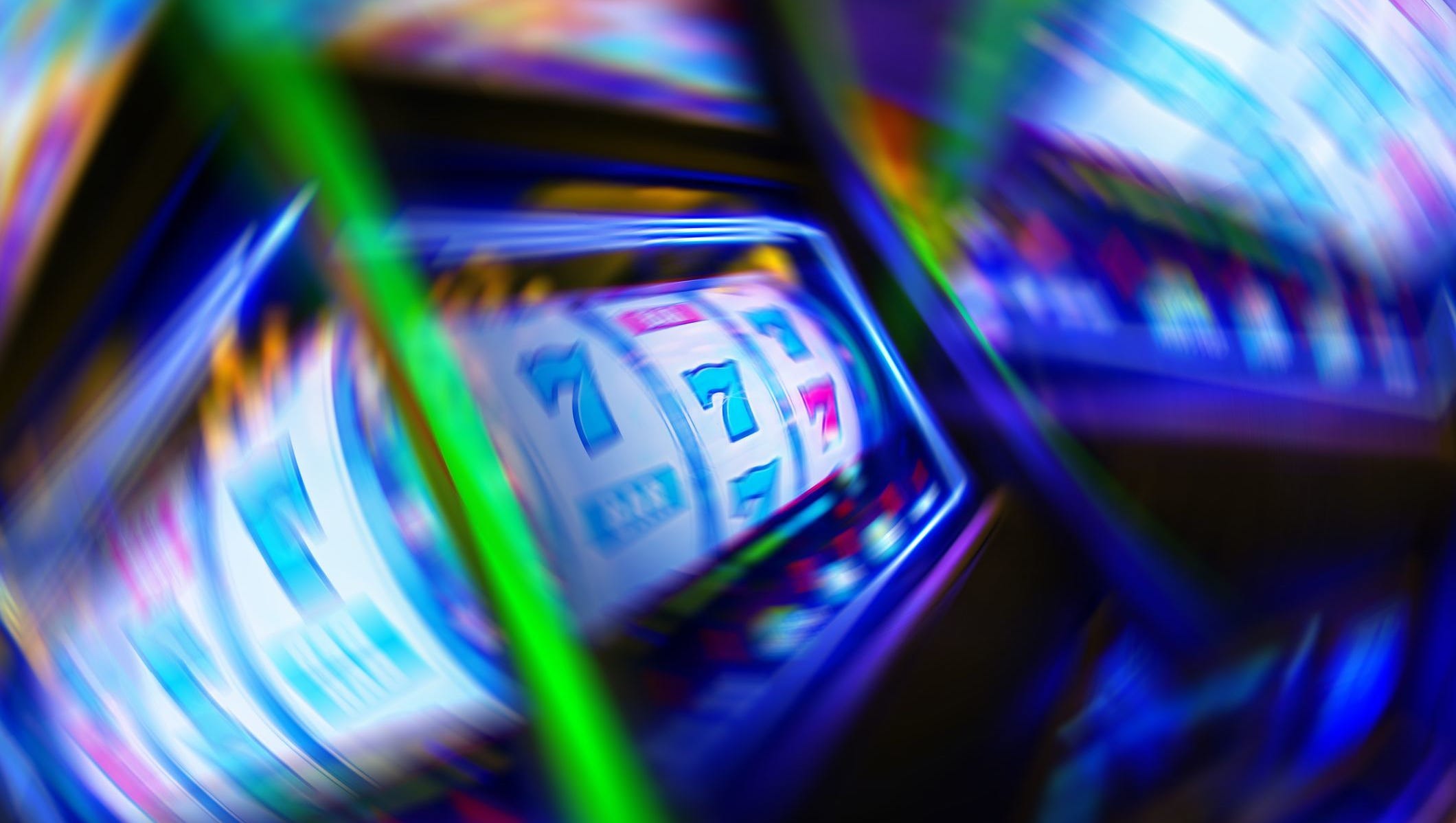Can You Stop Gambling Cold Turkey
Is your alcohol addiction becoming unmanageable? Learn about the risks and what to expect when quitting alcohol…
When you consume alcohol often or in large quantities, you may have a drinking problem and you should consider doing something about it. One option is quitting cold turkey.
If you choose this option, you will begin to experience withdrawal symptoms within a couple of days. These symptoms occur because your body became dependent on the alcohol that you were giving it.
Additionally, if you have ever experienced a hangover the “morning after” from drinking too much alcohol, you can also experience these. AUD sufferers, however, will quickly experience withdrawal symptoms should they abruptly stop their drinking (the cold turkey scenario) or attempt to even cut down. Potential alcohol withdrawal symptoms. I had a lot typed out and cyberspace ate my post, so I will just keep this very brief and hope it makes sense. Basically, is it safe to stop trazodone (at 200-300mg) cold turkey when you are being switched to a different sleep aid (Ambien, not that it matters for these purposes)? I'm sure some people might have made it cold turkey, but I don't know any of them because they would not have attended any meetings (Gamblers Anonymous). So you never hear about them. Quitting gambling is what you need to do, but what are the reasons for it. Not only do you have to dwell on your gambling losses, emotional problems occur.
When you decide to abruptly stop drinking, your body realizes that something is missing and that can produce some painful effects.
If your addiction is very serious, you may even experience Alcohol Withdrawal Syndrome, a potentially life-threatening condition. It is important that you do your research so that you can protect yourself.
Keep reading to learn more about the symptoms you should look for if you’re planning on quitting cold turkey.
IMPORTANT NOTE: In extreme cases of alcoholism, quitting abruptly can be dangerous and even fatal. It is strongly advised that anyone considering recovering from an alcohol addiction seek the council of a treatment professional and/or a qualified physician before making any decisions related to their recovery.
Understanding Withdrawal
Several things are at play in your body when you begin to experience the symptoms of alcohol withdrawal.
When you drink, your liver uses enzymes to break down the alcohol. That is how your body is able to eliminate alcohol from its system. When you drink too much, all of the excess alcohol that your liver can’t process is then absorbed by the other parts of your body, such as your brain.
When your brain is affected, you may experience the traditional euphoric symptoms of alcohol, happiness, and relaxation. But, when you continue drinking past that point and become drunk, you start to experience more severe symptoms of alcohol – slurred speech, trouble walking, lapses in memory.
When you have a chronic drinking problem, your body begins to develop a tolerance and require more alcohol to obtain the same effect. Over time, your body becomes addicted to the substance and you will feel sick without it.
Timeline of Symptoms When Quitting Cold Turkey
When you try quitting cold turkey, you could potentially begin to experience withdrawal symptoms within two hours of your last drink. These symptoms typically peak within 24 to 48 hours. You may have insomnia, a rapid heartbeat, changes in your blood pressure, excessive perspiration, tremors, or a fever.
Only about fifty percent of people experience withdrawal symptoms, and the effects can vary widely person to person. While some may just have mild discomfort, others could face life-threatening conditions.
One of the most serious symptoms of quitting cold turkey is Delirium Tremens. It usually sets in within the first 48 hours since your last drink and the symptoms include high blood pressure, confusion, tremors, and hallucinations.
Delirium Tremens is not very common, but when it occurs it is very serious and requires immediate treatment. It’s always a good idea to be treated by a medical professional when you are beginning a detox.
Common withdrawal symptoms occur at different times.
Six to Twelve Hours:
- Agitation
- Shaking
- Nausea and Vomiting
- Headaches
- Anxiety
Twelve to Twenty-Four Hours:
- Disorientation
- Tremors
- Seizures
Forty-Eight Hours:

- Seizures
- High Blood Pressure
- Insomnia
- Delirium Tremens
- Hallucinations
- Fever
- Excessive Perspiration
The frequency and severity of these symptoms are impacted by the frequency that you are used to drinking, how much you typically consumed, how long you continued your habit for, what your medical history is, and whatever co-occurring health conditions you may have.
Acute Alcohol Withdrawal
When you decide on quitting cold turkey, you put yourself at risk of developing Acute Alcohol Withdrawal Syndrome. This is a sudden and severe condition that will set in within the first couple weeks of your cessation.
During that time you could lose consciousness, develop Delirium Tremens, or have seizures. Because these symptoms are so dangerous, it is recommended by most professionals that you check yourself into a hospital or rehabilitation center.
That way you will have someone knowledgeable there to assess your mental and physical state during your detox. They will also be able to treat your withdrawal symptoms as they occur.
Post-Acute Alcohol Withdrawal
Once your initial symptoms subside, you may continue to experience some uncomfortable effects. These are known as Post-Acute Withdrawl Syndrome (PAWS).

PAWS symptoms can make your post-rehab life very challenging for up to a year after you quit drinking.
Common symptoms include:
- Low Energy Levels
- Insomnia
- Irritability
- Emotional Outbursts
- Anxiety
- Memory Problems
- Dizziness
- Becoming Accident Prone
- Delayed Reflexes
Can You Stop Gambling Cold Turkey Vultures
Although your brain and body have incredible regenerative abilities, they can’t heal overnight. The symptoms of PAWS will usually reach their height between four to eight weeks after you make the choice of quitting cold turkey.

During that time period, you will be especially vulnerable to relapses. You should make sure you have a good support system in place to help you cope.
Treating Withdrawal Symptoms
The symptoms you experience after quitting cold turkey will shift quickly and without warning. You can go from feeling fine to having severe side effects within hours.
That is why there are so many specialized rehab facilities to help people overcome their addictions. They can help manage your symptoms and guide you through the recovery process. If you are looking for treatment, there are a lot of different options available to you.
Inpatient Treatment
How To Stop Gambling Cold Turkey
If you have a very serious addiction you should consider inpatient treatment. This 24-hour care is helpful when you are going through intense withdrawals. The programs are typically 30, 60, or 90 days.
Can You Stop Gambling Cold Turkeys
Outpatient Treatment
Can You Stop Gambling Cold Turkey Without
Outpatient treatment gives you a way to get help while still maintaining your daily responsibilities. It isn’t recommended for people with serious addictions because you will still have access to temptation.
Can You Stop Gambling Cold Turkey Trot
Medication-Assisted Therapy
Whether you are inpatient or outpatient, there are medications available to you that can help to ease the symptoms of alcohol withdrawal. Talk to your doctor about what might be helpful for your recovery before quitting cold turkey.
Counseling
Counseling will be a very important part of your treatment. You can overcome the symptoms of withdrawal, but you still have to change your lifestyle. A counselor can help you figure out what your triggers are and help you make a map to sobriety.
More Information on Addiction
Addiction isn’t a problem you have to face alone. If you are looking for support and resources then we may be able to help.
Can I Stop Gambling Cold Turkey
If you are in the greater Los Angeles area and are looking for a safe place to heal, contact us today.